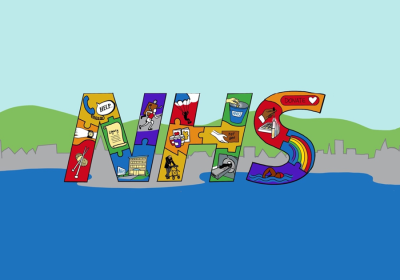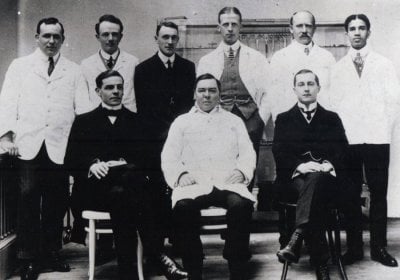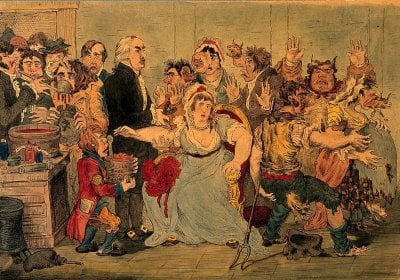Co-Creating the Guide Dog Partnership: Blindness, Canines and Emotional Practices in 1930s America
Bio: In January 2017, Neil Pemberton joined the Wellcome Trust funded interdisciplinary project and research team led by Robert Kirk. Entitled “Multispecies Medicine” this project critically explores the different ways in which medicine have formed partnerships with nonhuman animals to enhance wellbeing and health. His main contribution to this project is a historical study of the emergence of the guide-dog human partnership.
Abstract: This talk will examine the making of the guide dog partnership in 1930s America, using it as a means with which to explore the possibilities opened up by thinking historically and conceptually about the cultures, values and practices of ‘becoming-with-others’. To put it another way, in less modish terms perhaps, this paper proposes a historical investigation of how a specific set relations of interdependence flourished in 1930s Depression-era America, an era that witnessed the resurgence of the hegemonic ideals of American liberal individualism and a renewed denigration of human-to-human dependence that was explicitly combined with negative conflations of disability with dependence. This paper makes sense of the historical paradox but also, methodologically, offers a different story, attempting to move beyond the independent/dependent dichotomy that so characterizes so much of the theoretical and historical discussion of disability. Instead it seeks to put into dialogue two fields that rarely (and perhaps understandably) speak to each — critical animal studies and critical disability studies — but have separately and independently of each other developed ways of thinking about exposing both dependence and independence as fictions. Both these fields consider the human condition not so much in the singular but as an outcome of multiples and others. This talk seeking to bring these disciplines together offers a critical exploration of the emotional landscapes and dynamics of a guide dog school through an analysis of the micro-practices of relationship-building practices embodied in training regimes that aimed created new ways of being well together and co-dependent in a world hostile to dependence. This paper asks why did the ideal of co-dependence and togethering with another species thrive in an environment that espoused individualism and hostility towards dependence?
Admission
Contact
mailto: ingrid.james@lshtm.ac.uk




